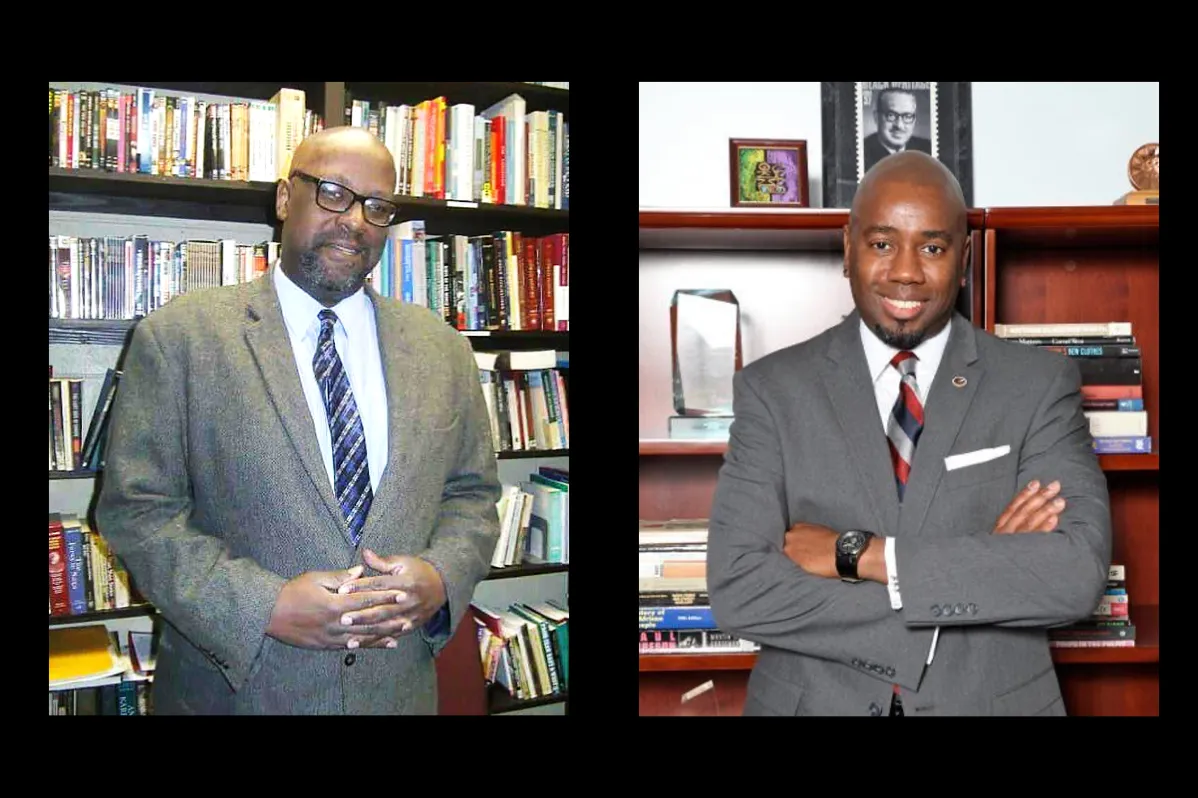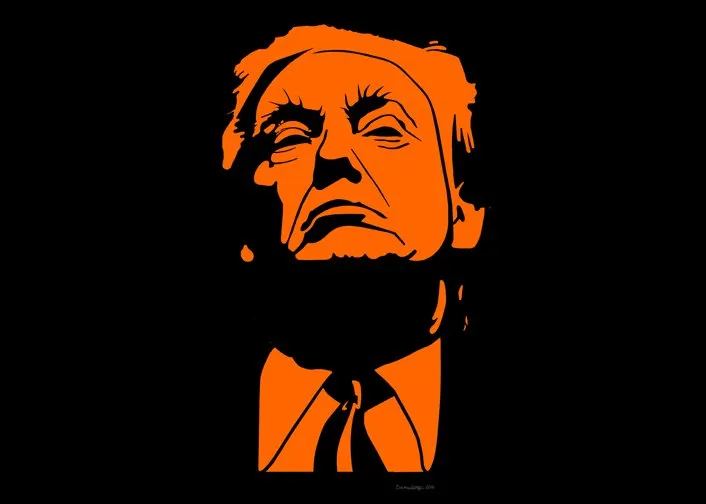Murray State University historian Brian Clardy is skeptical of news stories that claim Black men might be deserting Kamala Harris for Donald Trump in sufficient numbers to cost her the election.
“What you are going to see is a surge of Black and Hispanic men and women running to the polls to vote for Kamala Harris,” predicted Clardy, who is also a longtime Democratic activist. “The rhetoric of President Trump and his supporters, especially over the last few days, is threatening. It is overtly racist, it is cruel, it is hateful.”
University of Louisville professor Ricky L. Jones, an independent, agrees that the media narrative is wrong, but because it is so badly misdirected.
If Harris loses, “put that responsibility where it belongs – at the feet of white people,” he challenged in his Louisville Courier-Journal op-ed column. “... One, the Democrats’ most loyal constituency is Black women. Two, their second most loyal constituency by a wide margin is ... wait for it ... BLACK MEN! Three, Black men aren’t Kamala Harris’ and the Democrats’ problem, white men and women are – and they have been for some time.”
The Hill reported that a recent University of Chicago GenForward poll “found that if the election were held today, 26 percent of Black men between the ages of 18 and 40 said they would vote for Trump, compared to only 12 percent of Black women who said the same,” wrote Cheyanne M. Daniels.
Naturally, the right-wing media echo chamber is playing up polls like this one, but not all of its results, some of which are contradictory.
“Despite one-fourth of young Black men saying they would cast their ballot for Trump, they repeatedly identified Harris as the strongest candidate on the issues,” Daniels added. “Nearly half of young Black men said Harris is the candidate most capable of being a strong leader, compared to 25 percent who said the same of Trump, while 52 percent said Harris is the candidate who would do the most to improve their lives and their families’ lives.”
Daniels also wrote that “on every topic — ranging from the most trustworthy candidate to the one who will bring down inflation to protecting democracy — Black men said Harris was the best choice.”
Clardy cautioned that Black men, like any other voter group, aren’t monolithic. Black conservatives have always supported Republicans, he said. “They voted for George W. Bush over Al Gore and John Kerry. Some even voted for John McCain and Mitt Romney against Barack Obama. Some even voted for Donald Trump before.”
Same as other voters, “you’ve got to earn the votes of Black men. They’re not going to vote knee-jerk just because a candidate has a ‘D’ behind their name. Yes, they want specifics on policy, foreign and domestic. For them to be skeptical, ask questions, challenge and hold the Democratic nominee accountable, that’s not an anomaly. That’s just being a critical voter.”
At any rate, Clardy doesn’t see “a huge defection of Black men away from Kamala Harris and away from the Democratic Party. That is pure fiction.”
Meanwhile, Harris, a Black woman, and her party are worried — and also baffled — over the prospect of losing Black males to Trump, who has run the most openly racist presidential campaigns since George Wallace in 1968.
A Guardian article by Gloria Oladipo backs up Clardy. She noted that “some pollsters say that panic around Black male voters is exaggerated and that such narratives ignore their historical support of Democrats. They also note that the focus on Black men elides deeper nuances about Black Republican support as well as gender differences in voting among Black people altogether.”
She quoted Chris Towler, who founded the Black Voter Project: “To say that for any reason we need to worry about Black men not supporting Harris or the Democrats is completely overblown. I think a lot of the story around this need to regain Black voters is coming from a mainstream media narrative built around really poor polling on Black voters.”
Oladipo’s story included a link to another Guardian story by Steve Phillips, an author and founder of Democracy in Color. “Now, to be sure, there are differences in Black voting behavior along gender lines,” he wrote, but maintained that, “The overwhelming majority of Black Americans voted for Democrats in 2020 and in the 2022 midterms (86% according to the exit polls). That enthusiasm is only amplified for Harris.”
Jones, the Baldwin-King Scholar-in-Residence at U of L’s Christina Lee Brown Envirome Institute and Professor of Pan-African Studies, didn’t pull punches. “So ease up, this one isn’t on us. Black men get blamed for a hell of a lot, but we aren’t the problem here. Trust that we’re going to vote for Kamala, even though we have legitimate questions and concerns about her and the Democrats. We know the Republicans are worse! We’re not dumb! Somebody needs to tell that to Kamala Harris’ camp, her supporters, surrogates, and unfair critics of Black men, including Barack Obama. Now leave us alone. Go berate and talk that trash to white people ... if you dare!”
--30--
Comments








